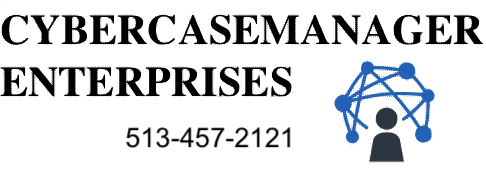Whose knowledge is it anyway?
Who owns the knowledge in your head; you, or the company you work for?
 |
| Image by Frits Ahlefeldt on Wikimedia Commons |
Instinctively most of us assume that we own the knowledge in our heads. It’s our head, so it’s our knowledge. A 2012 LinkedIn poll tested this question, providing 3 options –
- I own it and the organisation leases it from me
- My employer owns it
- We co-own it
Most of the respondents felt the knowledge was theirs, and was leased, not owned, by the organisation. And a New Scientist article from 2018, discussed here, took a similar tack, arguing that, in the scientific world at least, the knowledge should belong to the scientist, and that knowledge management is a mechanism or organisational control.
“Scientists are slowly losing control of their discoveries, both in private industry and in academia… (as companies) extract workers’ know-how so that the company can store and own it indefinitely”.
But is this view really fair – that knowledge in our heads belongs entirely to us, and KM is an attempt by ruthless business to take control of this knowledge? There are several arguments to the contrary.
Firstly, Knowledge Management teaches us that knowledge is a collective property. Knowledge is distributed. What is in your head is only opinion, until it is validated through combination with the knowledge of others. No one person can hold all the knowledge of a topic in their head any more, and it is generally shared with many present and past contributors. In an organisational sense, knowledge is owned by the communities of practice.
Secondly the organisation has invested a lot of money in developing your knowledge. Through training, through on-the-job coaching, and through the provision of knowledge management frameworks, the organisation has supported and sponsored you in developing the knowledge in your head. They have a stake in it.
Thirdly you cannot share company confidential knowledge. You will have been working with confidential material for many years. Some of the codified, documented knowledge in your organisation will be confidential. Some will be secret. The same is true of some of the tacit knowledge, some of which you have have in your head. You cannot leave a company and immediately start to share confidential material just because you remember it. You cannot legally give away trade secrets, proprietary methodologies or confidential approaches.
Fourthly you may well have signed away rights to some of the knowledge. When a consultant works with a company, they sign clear agreements which define, as closely as possible what existing knowledge belongs to whom, and what must happen to new knowledge created during the consultancy. Generally the new knowledge remains with the company, not the consultant, and the consultant keeps what he/she brought to the party, and anything that was in the public domain.
There is some knowledge that is truly yours to take away, however.
The first is the knowledge that has become embedded and encoded in your muscle memory and your skills. Imagine you are a sports star and you transfer clubs. You are not allowed to give to the new club the details of your previous club’s playbook (this is confidential knowledge) but you can take your skills and ability with you, even though your previous club invested in your skills development.
Secondly you can take away your judgement. Judgement, aka wisdom, represents how you act on the knowledge you receive, and this is so innate to the way you operate, than it cannot be taken away.
Thirdly you take away your experience. This is the aggregate of all the work you have ever done, and represents the heuristics you apply to future work.
So who owns the knowledge?
I would suggest that the best approach for anyone working in an organisation is to treat the knowledge as something shared within the organisation, something that you do not own, but can contribute to and draw from. Certainly do not hoard your knowledge – your hoard is trivially small compared the the sum total knowledge of the network. Share what you know openly, and openly benefit from the knowledge of others. Then when you move on, leave the details and the confidential material behind and take your skills and experience with you.

Leave a Reply